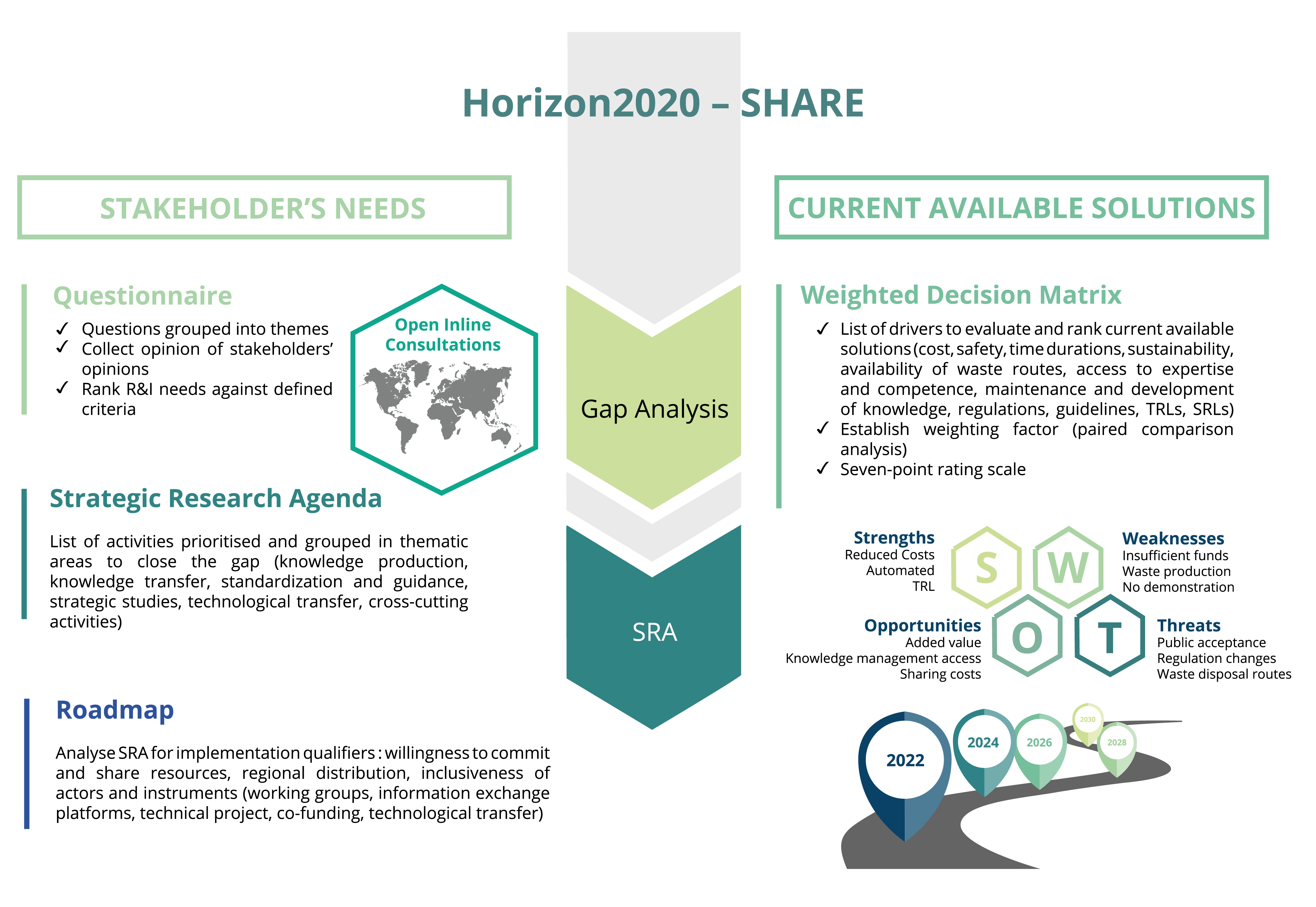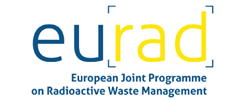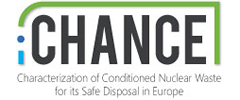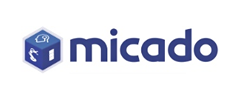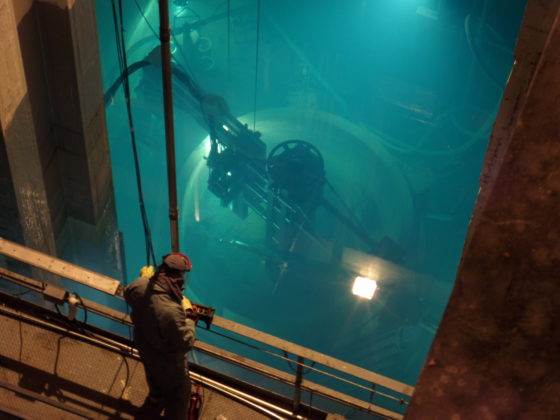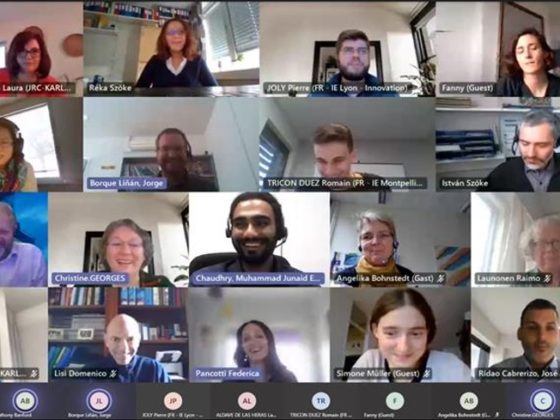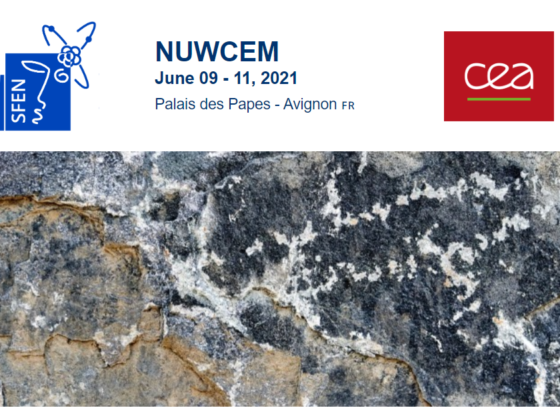Nuclear decommissioning encompasses all technical and management actions associated with ceasing operation of a nuclear installation and its subsequent dismantling to remove it from regulatory control, aiming at delivering an environmentally friendly end-product, in line with the ‘circular economy’, as promoted by the EU.
Thereby, there is an increasing interest and also pressure from society that the principles of environmental sustainability are applied to all industrial activities, e.g. in line with the sustainable development agenda of the United Nations. This issue has strong ethical dimensions: the generations which gained benefit from the use of nuclear energy should, where reasonably practicable, not pass the burden of addressing the associated legacies to future generations.
Decommissioning represents a crucial stage of the nuclear cycle and remain highly complex with. There are still very few demonstrations of decommissioning programs finalized on an industrial scale and if decommissioning activities reached a certain level of maturity, further technological development work is required, particularly aiming at improving performances, safety and waste minimization. Countries are facing many challenges, including high costs, difficulties in using innovative technologies or lack of resources. In this context, coordination between stakeholders is of utmost importance.
